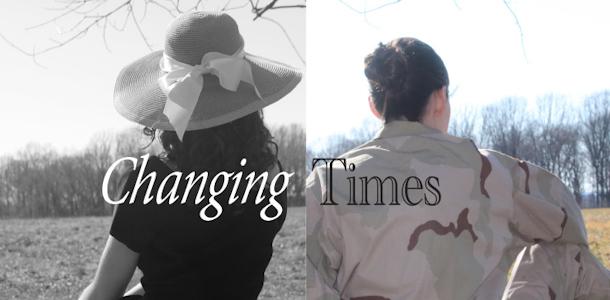One hundred years ago, 5,000 women joined together to march for women’s suffrage, the right to vote, in Washington D.C. Today, 54 percent of JC students cannot identify which amendment granted women’s suffrage.
The Patriot conducted a survey to test JC’s political knowledge background, looking at issues like women’s suffrage while also seeking answers to general government-related questions.
Based on a survey of 21 advisories, totaling 206 students, JC follows the national trend of political indifference. See the graph below for full results. Out of the 10 questions on the survey, no question was answered correctly by more than 80 percent of students.
When asked who the Vice President of the United States was, 78 percent of students answered Joe Biden, the highest percentage of students to answer a question correctly. Conversely, one percent of students correctly named the five first amendment freedoms. Most questions, however, varied between 40 percent and 60 percent correctly answered.
Forty-six percent of students could correctly identify which amendment gives women the right to vote. When asked “Should the United States end women’s suffrage?” 34 percent of students answered yes. Six percent of students did not answer the question. Of that 34 percent, 47 percent were female.
Social studies teacher Brian Powell believes that all people should know the answers to some basic political questions. “There’s a basic red line that if you fall below it, I question if you’re an educated person. To be a well-rounded person there are certain basic political or government knowledge questions that you should know. It’s the same for basic science, math, and language arts.”
JC is following a similar trend to the United States. Political knowledge and participation are low in the United States. In a survey from “Money, Participation, and Votes,” the U.S. was ranked 138 out of 170 countries for voter turnout in elections. The Center for the Study of the American Electorate showed that 57.5 percent of all eligible voters voted in the 2012 election, compared to 62.3 percent who voted in 2008.
According to Powell, people’s belief in whether or not they can make a difference affects their interest in politics. “A lot of it has to do with the belief that you can make a difference. As people see dysfunction in Washington they tone politics out. Why consider how it functions?”
Junior Kaley Martin echoes Powell’s thoughts. “I think [politics] impacts my life but I can’t do anything to change it. I like to be informed but I feel like I’m not old enough to have a valid opinion.”
According to a 1,000-person study conducted by Newsweek in 2011, 38 percent of the people in the study failed the U.S. citizenship test. The citizenship test is a 100-question test about American government, history, civics, and rights. Immigrants have to pass the test to become citizens. The questions on the citizenship test are very similar to some of those asked on the survey given to JC students.
According to sophomore Brian Holden, he took the citizenship test in social studies teacher Rodney Johnson’s government class and passed. “He wanted to see how much we cared about politics and what we already knew,” Holden said.
Senior Nick Druelinger believes he is “decently informed … How government affects the economy, how government affects the market, how government affects society as a whole, you need to be informed because [the government’s] decisions will affect your life.”
Emily Clarke is the Print Chief for The Patriot and jcpatriot.com.



